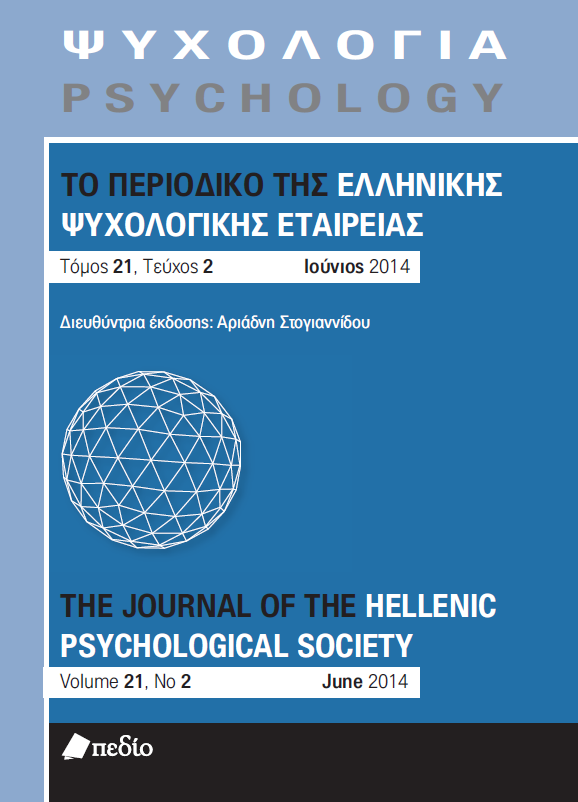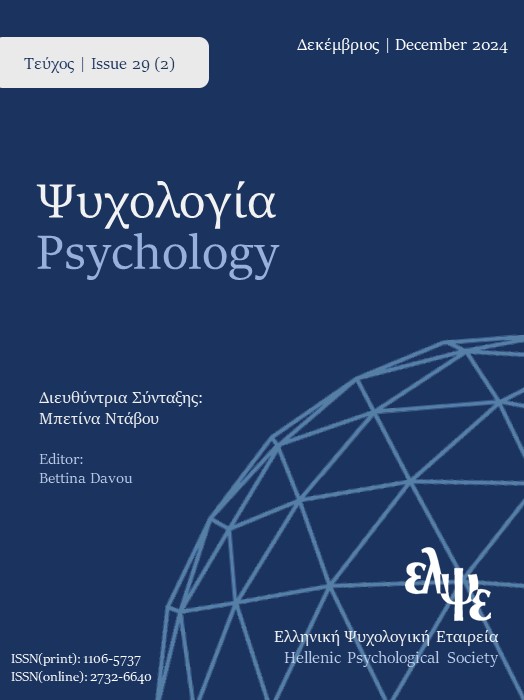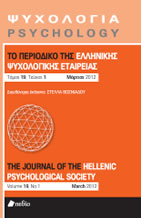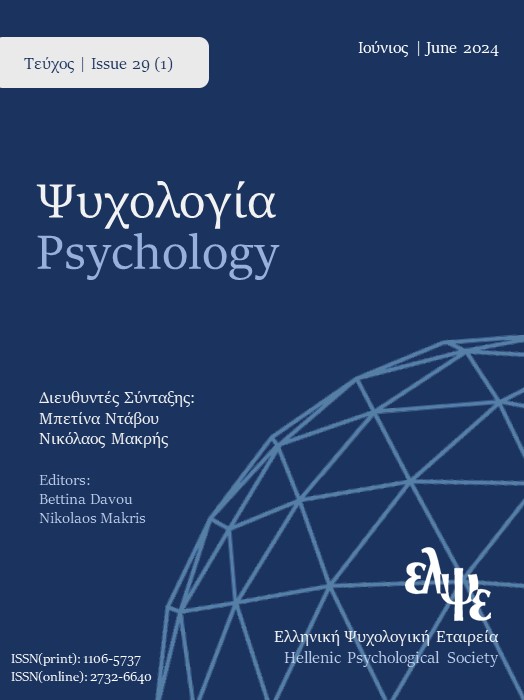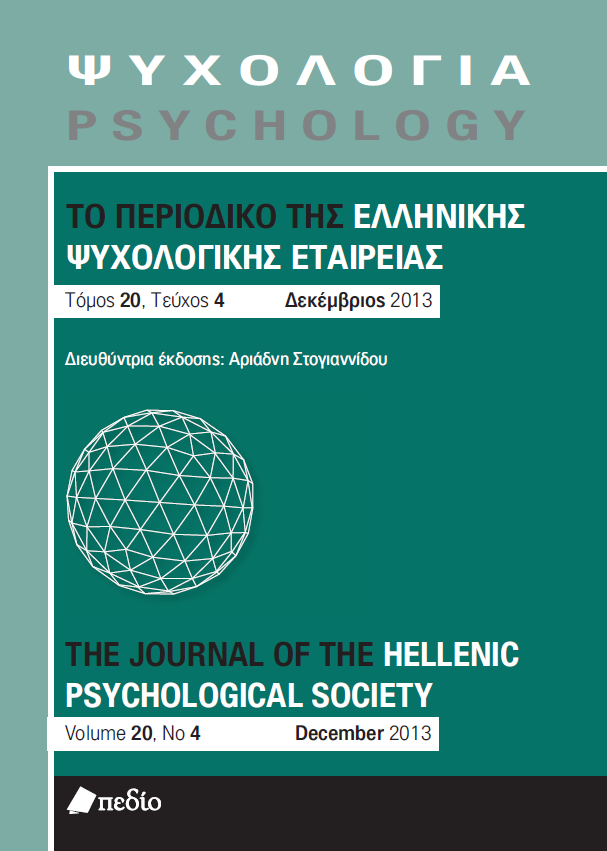Involuntary commitment to a psychiatric institution: From the spirit of the law to the reality of its implementation
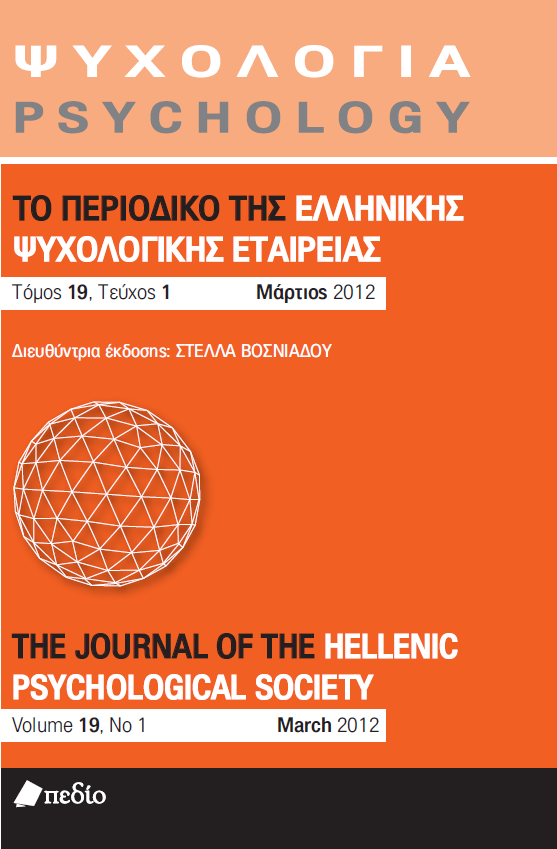
Abstract
The present study investigates the divergence between the law 2071/92 regarding involuntary commitment of persons with mental disorders to a psychiatric ward and its practical implementation, through information drawn from psychiatrists, attorneys and police officers, who are directly involved in the process, as well as from involuntarily committed
persons. Data were collected through semi-structured interviews with four participants from each professional group, and four persons with experience of involuntary commitment. The material was
systematically analysed and organised in categories according to the principles of Grounded Theory. The analysis reveals an adequate picture of the process of involuntary commitment, the aspects of the law that
are implemented and correspondingly those which are not implemented, the difficulties in the implementation of the law, as well as broader issues concerning involuntary commitment. Amongst the central issues highlighted in this study are the distinctiveness of the participants’ roles and the lack of collaboration between them, the importance of dangerousness, which coalesces all the professional participants and overshadows the aim of care, and finally the lack of a prescribed framework for the implementation of the law, which results in significant differences in its implementation depending on the personal stance and knowledge of each professional involved.
Article Details
- How to Cite
-
Γρηγοριάδου Ε., Αμπατζή Ε., & Γεωργάκα Ε. (2020). Involuntary commitment to a psychiatric institution: From the spirit of the law to the reality of its implementation. Psychology: The Journal of the Hellenic Psychological Society, 19(1), 80–102. https://doi.org/10.12681/psy_hps.23609
- Issue
- Vol. 19 No. 1 (2012)
- Section
- REVIEWS

This work is licensed under a Creative Commons Attribution-ShareAlike 4.0 International License.
The journal PSYCHOLOGY adopts a Platinum open-access policy. Submission, processing or publication costs are waived by the Hellenic Psychological Society. Papers published in the journal PSYCHOLOGY are licensed under a 'Creative Commons Attribution-ShareAlike 4.0 International' licence. The authors reserve the copyright of their work and grant the journal the right of its first publication. Third-party licensees are allowed to use the published paper immediately after publication as they wish, provided they retain the defined by the license copyright formalities, regarding the reference to its author(s) and its initial publication in the journal PSYCHOLOGY. Moreover, any adjusted work should be shared under the same reuse rights, so with the same CC license.



